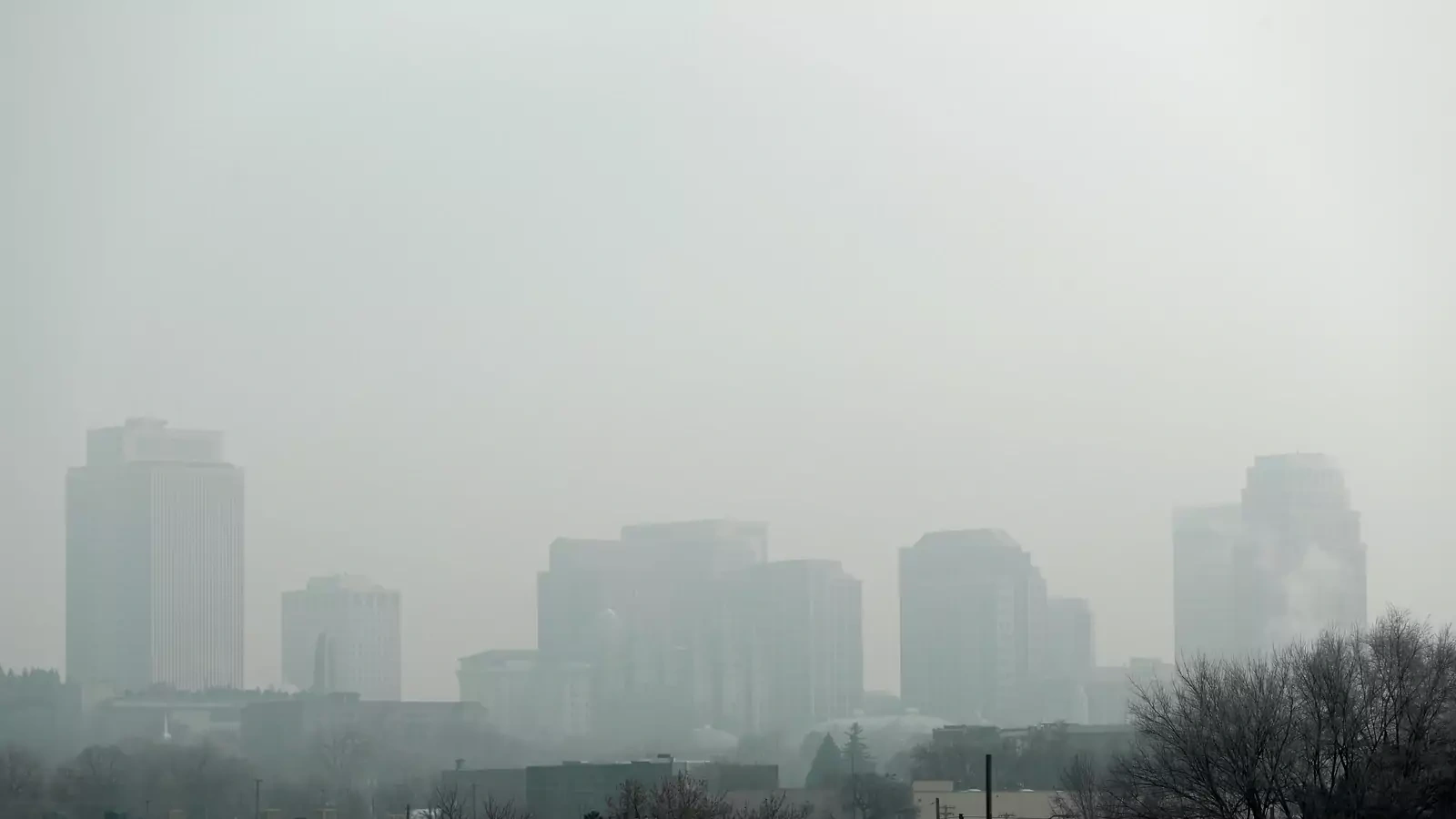Rolling Back Energy Regulations Will Not Work Any Wonders for America

The Trump administration's rollbacks of greenhouse gas emissions will likely damage American energy production, global influence, and jobs.
Originally published at The Hill
August 28, 2018 10:00 am (EST)

- Article
- Current political and economic issues succinctly explained.
The Trump administration recently announced rollbacks of greenhouse gas emissions regulations for transportation and electricity generation. This will not enhance American energy production, global influence, and jobs. The proposed policies, combined with trade wars, are likely to do the opposite. Congress and states need to push back.
When President Trump came to office, the United States energy sector was enjoying a renaissance in in domestic oil and gas business and in technology innovation such as batteries, electric cars and automation. While it is true that declining prices of natural gas and renewable energy were reducing coal jobs in certain parts of the country, coal exports started to increase in 2017, providing some relief. American natural gas was expected to be so abundant that investment in export infrastructure was being fast tracked, with the added bonus that it would defang Russian attempts to use natural gas sales to blackmail our NATO allies.
More on:
Effective policy provides investors, utilities and corporations with market signals that promote desirable outcomes. It reduces market failures like excessive pollution, underinvestment or undue monopoly power. The Trump administration is doing the opposite. Start with the Energy Department assertion that conserving oil is no longer important. Reducing pollution clearly matters, as does the ultimate level of domestic energy use, which determines how much oil and gas is available to export. Energy efficiency standards, especially for cars, are equally relevant to leading the United States ability to export its energy.
Without efficiency standards, domestic oil use would grow at a much faster clip, limiting, and in fact possibly ending, the United States role as a large energy exporter and all the benefits that come with it. Ambitious advanced vehicle targets, like those promoted in California and under contention for rollback by the Trump administration, also ensure that American car companies will remain globally competitive versus vehicles from other countries that have more stringent efficiency standards than the United States, such as China and Japan. China, like California, has mandates promoting electric cars.
Innovation in the power sector is another area where the United States was leading. When South Australia faced a debilitating shortage of electricity supply, it was an American company, Tesla, that provided a productive and fast solution with solar plus battery storage. American utilities were exploring what technology will be needed to align aging assets and transmission infrastructure with new requirements for better and more resilient service. That includes infrastructure that can be restored more quickly after severe weather or can be better protected against cyberattacks or water scarcity.
By trying to slow that process with a retrograde policy aimed to extend the life of inadequate aging infrastructure and outmoded utility business models, the Trump administration is doing ratepayers a disservice. While not all environmental regulations were working perfectly, the fact is that faced with declining demand, West Virginia residents are paying more for electricity based on coal than they might otherwise if new natural gas or renewable energy was added to their energy mix.
Coal exports now play a more important role in protecting jobs than extending the life of any particular American coal plant. Experts believe the new Trump administration proposed power sector rules are unlikely to change the dismal outlook for aging coal plants in the United States. More importantly, large Chinese coal traders, like Shanghai Runhei International, have begun avoiding American coal due to possible tariffs.
More on:
China is also threatening that it will impose a 25 percent tariff on liquified natural gas from the United States. That looming risk could jeopardize the next wave of American export projects that now face uncertainty about future buyers and in some cases, needed access to Chinese customers and finance. Not only are rising steel costs altering the economics of projects, but lingering trade uncertainty is making it harder for American export promoters to move quickly with credible deals to beat out Qatari and Russian gas sales ahead of looming contract renewals. The chance of Alaska exporting liquified natural gas, touted by the president himself, greatly dims if trade wars continue.
Given that NAFTA trade talks dragged on, the United States missed the window to lock in terms that could have better codified existing Mexican energy reforms prior to the run up to the elections there. The new president, Andres Lopez Obrador, reassured his constituents that the new bilateral trade language protects the right to change those energy reforms, which to date have benefited American energy investment in Mexico. Free trade status with Mexico is important since natural gas producers in Texas and New Mexico are particularly dependent on future sales to Mexico for rising production.
The administration needs to rethink the unintended consequences of its proposed energy related policies. American legislators, state officials and corporate leaders should push back against these unintended outcomes and press for policy adjustments that come at a less expensive cost to the environment, national security, and our economy. Finally, as midterms approach, voters need to get involved as well, demanding policymakers move past overly simplistic energy related narratives that might have sounded good at first but are not delivering what was intended.
 Online Store
Online Store